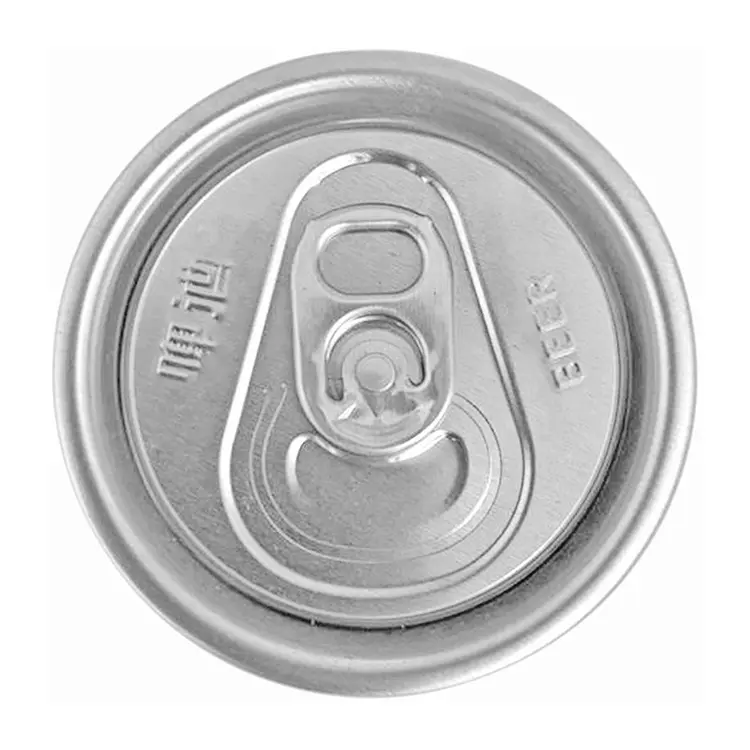Selecting the right aluminum alloy is critical for beverage can manufacturers. B64 and CDL are two widely used alloys in the industry, each offering unique properties that affect can performance, durability, and production efficiency. Understanding their differences allows businesses to make informed material choices and optimize manufacturing outcomes.
Understanding B64
B64 is an aluminum alloy known for its strength and durability. Key features include:
-
High Strength – Ensures cans can withstand filling, transport, and stacking.
-
Excellent Corrosion Resistance – Protects beverages and extends shelf life.
-
Good Formability – Suitable for standard can shapes.
-
Recyclability – Fully recyclable, supporting sustainable packaging initiatives.
B64 is often chosen for standard beverage cans where durability and longevity are top priorities.
Understanding CDL
CDL is a versatile aluminum alloy that offers:
-
Superior Formability – Enables complex shapes and thinner walls.
-
Lightweight Construction – Reduces material and shipping costs.
-
High Surface Quality – Ideal for premium printing and labeling.
-
Consistent Thickness – Improves manufacturing efficiency and reduces waste.
CDL is commonly used for specialty or high-end cans that require aesthetic appeal and design flexibility.
Key Differences Between B64 and CDL
-
Strength: B64 provides higher structural strength, while CDL is slightly lighter but still sufficient for most beverage cans.
-
Formability: B64 has moderate formability for standard designs; CDL excels in forming complex shapes.
-
Weight: B64 is standard; CDL is lighter, offering material cost savings.
-
Corrosion Resistance: B64 offers very high corrosion resistance; CDL is good but slightly lower.
-
Surface Quality: CDL has superior surface quality suitable for premium labeling, while B64 meets standard printing needs.
-
Typical Applications: B64 is preferred for standard beverage cans; CDL is ideal for high-end or specialty cans.
Conclusion
Choosing between B64 and CDL depends on production requirements and market positioning. B64 excels in durability and corrosion resistance, making it ideal for standard beverage cans. CDL, on the other hand, provides exceptional formability, lighter weight, and premium surface quality, suitable for specialty or high-end cans. Understanding these differences helps manufacturers improve efficiency, reduce costs, and deliver high-quality products.
FAQ
Q1: Can both B64 and CDL be used for carbonated and non-carbonated beverages?
A: Yes, both alloys are safe for all beverage types, but the choice depends on can design and production needs.
Q2: Which material is better for premium beverage cans?
A: CDL is preferred for premium cans due to its high formability and superior surface quality.
Q3: Are both B64 and CDL recyclable?
A: Yes, both are fully recyclable aluminum alloys, supporting sustainable packaging goals.
Q4: Does using CDL increase production costs compared to B64?
A: CDL may be slightly more expensive due to its lightweight and premium properties, while B64 is more cost-effective for standard production.
Post time: Oct-29-2025








